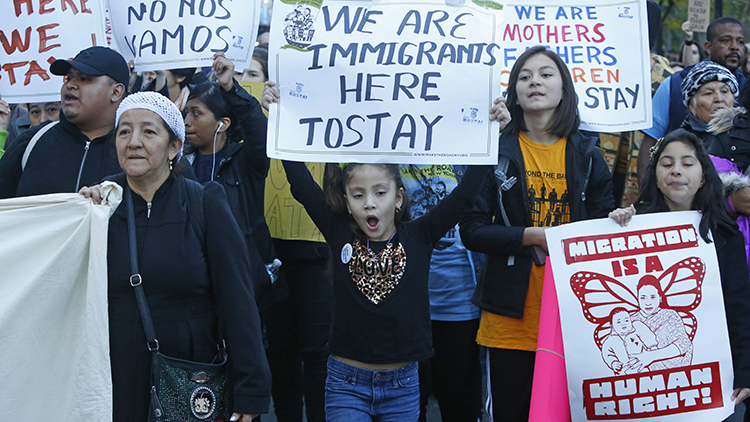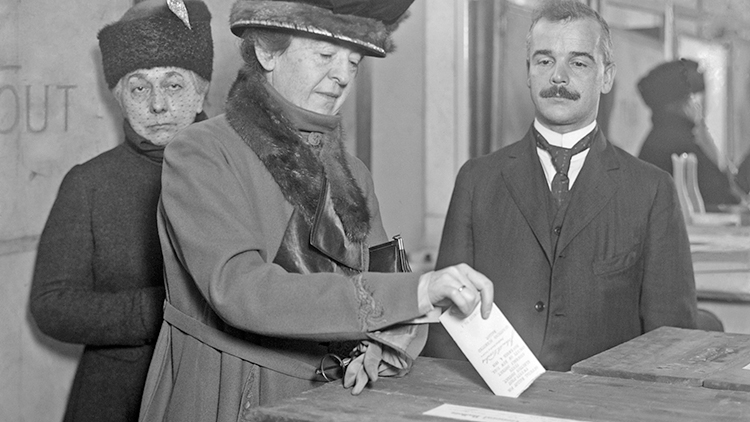
December 18th is International Migrant Day. Migration brings challenges and opportunities for migrants and for the countries where they move. Throughout history people have come to the United States to escape such hardships as war, persecution, and poverty.
Immigrants face obstacles when they move—finding a job and place to live and perhaps learning a new language. Another obstacle immigrants face is entering the country and gaining citizenship—often as they face prejudice. In 1790, the U.S. Congress passed a law guaranteeing citizenship for any free white person of “good character” who had lived in the United States for two years or more. In the early 1800s, immigrants from Ireland and Germany flocked to the United States. After the Civil War, some states passed their own immigration laws to slow the flow of immigrants. But the U. S. Supreme Court ruled that the federal government was in charge of immigration laws.
Beginning in the 1850s, many Chinese immigrants came to the United States. They built railroads, mines, and farms. The immigrants made up a tiny percentage of the population, but U.S. workers blamed them for low wages. Congress passed the Chinese Exclusion Act in 1862, barring entry for Chinese immigrants to the United States. In the late 1800s, laws banned criminals and people with contagious illnesses. In the early 1920s, laws capped total immigration and favored immigrants from certain countries. A law in 1986 attempted to reform immigration, while another law passed in 1990 protected immigrants from being deported if their home countries faced war or natural disasters.
It is much more difficult for immigrants to enter the country today than it was long ago. In the early 1900s, immigrants could be processed in a few hours! Today, the process can take years. The history of immigration in the United States is a complicated one, and this is true in many other places in the world as well. Laws are continually proposed, passed, and challenged.
What Do You Think? What do you think is the most positive impact of immigration? Why do you think immigration is so controversial?
Photo Credit: a katz/Shutterstock



